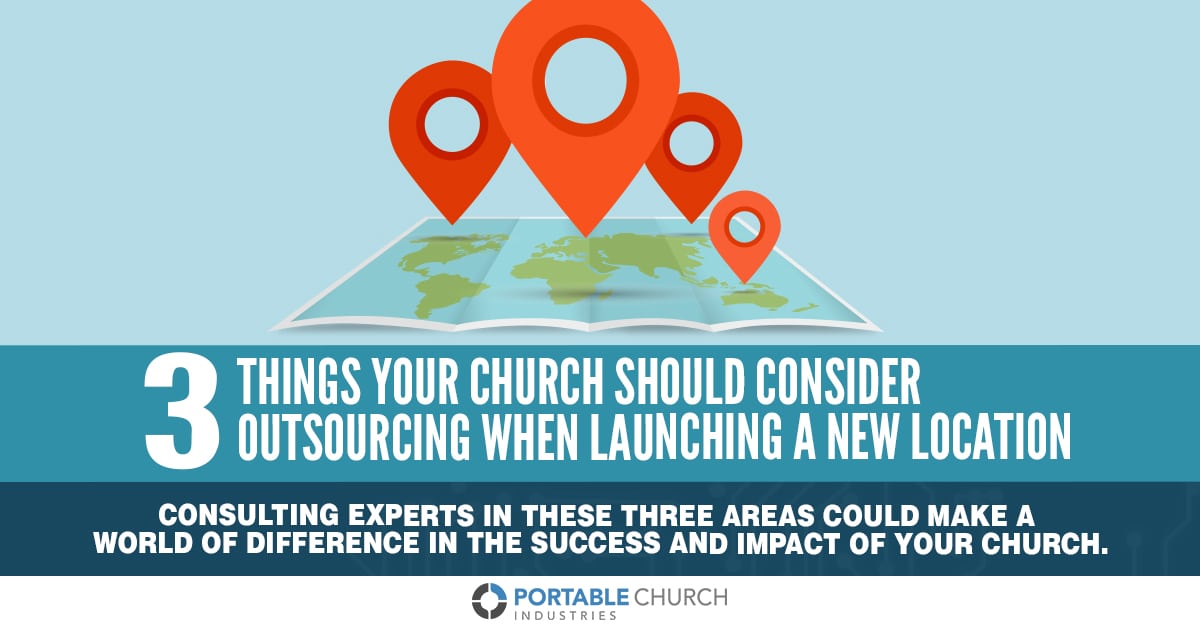Uncover The Fascinating History Of Catholic Colleges And Their Deep Result On Education-- Could Their Customs Supply Understandings For Future Knowing?
Uncover The Fascinating History Of Catholic Colleges And Their Deep Result On Education-- Could Their Customs Supply Understandings For Future Knowing?
Blog Article
Web Content By-Carr Nolan
When you take into consideration the history of education, Catholic institutions attract attention for their ingrained practices and lasting influence. These establishments started as a way to impart confidence and worths, however they've adapted remarkably over centuries. Today, they play a critical function fit not just academic success but also moral integrity. What's fascinating is exactly how they have actually handled to prosper amidst transforming cultural landscapes, raising questions about their future significance and impact.
The Beginnings of Catholic Education And Learning: A Historical Viewpoint
Catholic education and learning traces its origins back over 1,500 years, when very early Christian neighborhoods identified the need for organized understanding. You'll find that these areas intended to pass on their confidence and values with education and learning.
Monasteries and basilica colleges became facilities of discovering, supporting both spiritual and intellectual growth. As you dig much deeper, you'll see that the curriculum typically included viewpoint, faith, and the liberal arts, developed to develop versatile individuals.
Over time, the Church developed a lot more official establishments, making sure that education and learning continued to be accessible to all. The dedication to teaching moral values and fostering a sense of area has actually continued with the centuries, shaping the educational landscape and affecting countless lives worldwide.
This long-lasting heritage continues to motivate Catholic education today.
The Advancement of Catholic Institutions Through Social Contexts
As societies evolved, so did the function of Catholic colleges, adjusting to the social contexts in which they existed. In the early years, these establishments concentrated mostly on religious instruction, however as neighborhoods expanded, they began to include local languages, customs, and academic needs.
please click the next website page would certainly see that Catholic colleges usually came to be centers for social cohesion, promoting a feeling of belonging among pupils from different histories. In several areas, they attended to social concerns, such as destitution and discrimination, by supplying available education and learning for all.
As you discover various cultures, you'll see how Catholic institutions have actually moved their educational program and mentor methods, reflecting the values and obstacles of their atmospheres while remaining true to their fundamental mission of confidence and scholastic excellence.
The Modern Role and Impact of Catholic Schools in Culture
In today's globe, Catholic colleges play a crucial function fit not just the academic landscape, but also the wider area.
You'll find that these organizations emphasize values like regard, compassion, and social justice, fostering all-round people who add favorably to culture. By focusing on Best Christian schools Near Suttons Bay and ethical growth, Catholic institutions prepare students for future obstacles, nurturing vital thinking and management skills.
They typically serve diverse populaces, bridging voids in accessibility to top quality education and learning. In addition, you could observe their dedication to service, motivating trainees to engage in community outreach and volunteer work.
Highly recommended Internet site of education and learning and ethical guidance makes Catholic schools a substantial force, cultivating accountable people that can impact their areas right.
Conclusion
In conclusion, Catholic colleges have a rich history that's shaped their enduring influence on culture. You have actually seen how they've adjusted to different social contexts while maintaining a commitment to belief, worths, and scholastic excellence. Today, they remain to play an important function in cultivating community, advertising social justice, and nurturing accountable people. As you review their heritage, it's clear that Catholic institutions remain an effective force for favorable change on the planet.
